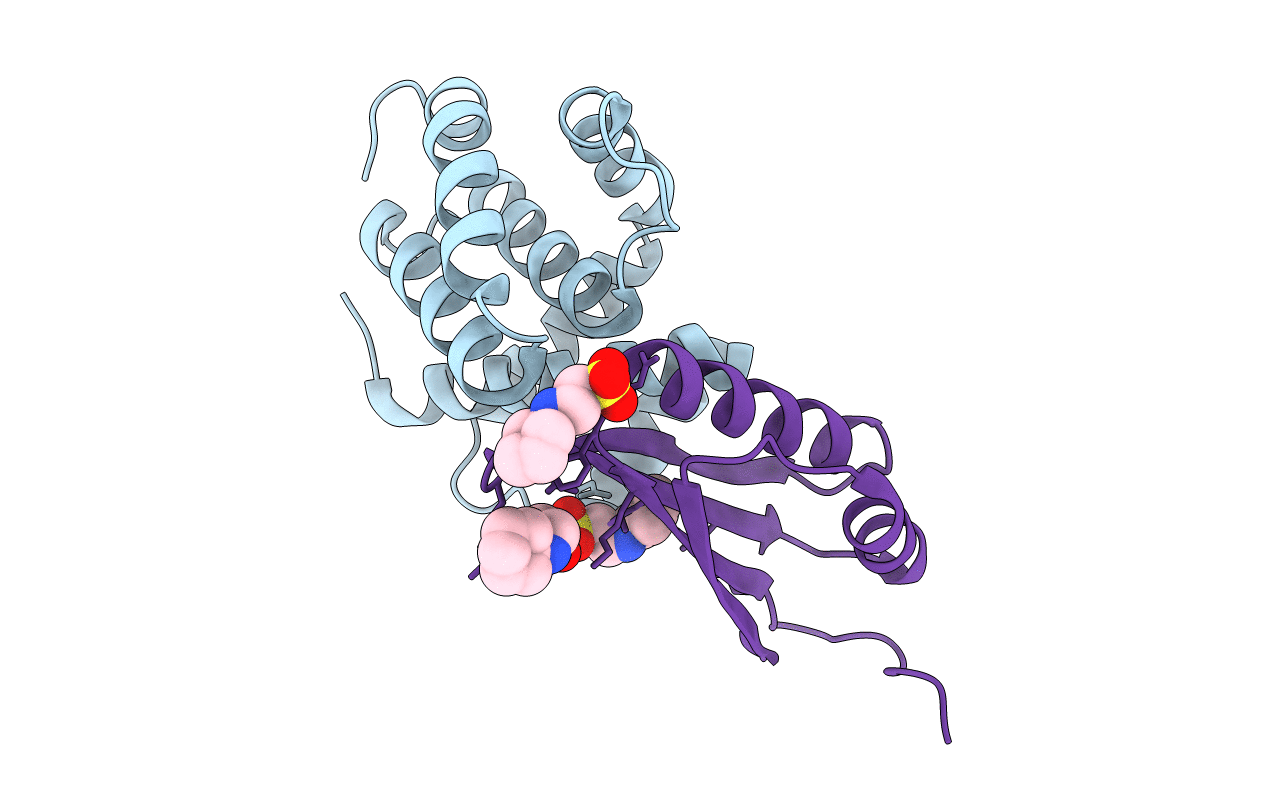
Deposition Date
2008-05-09
Release Date
2009-01-13
Last Version Date
2023-08-30
Entry Detail
PDB ID:
3D3B
Keywords:
Title:
Structural and functional analysis of the E. coli NusB-S10 transcription antitermination complex.
Biological Source:
Source Organism(s):
Escherichia coli (Taxon ID: 83333)
Expression System(s):
Method Details:
Experimental Method:
Resolution:
1.30 Å
R-Value Free:
0.20
R-Value Work:
0.17
R-Value Observed:
0.17
Space Group:
P 21 21 21


